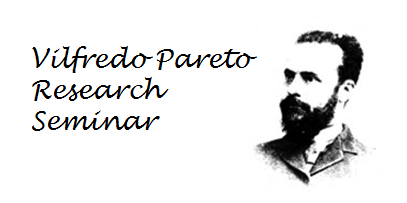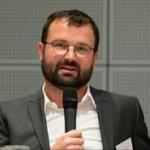As part of the Vilfredo Pareto Research Seminar series, the International Economics Department at the Graduate Institute is pleased to invite you to the public talk
Connective Financing: Chinese Infrastructure Projects and the Diffusion of Economic Activity in Developing Countries, given by Andreas Fuchs, Professor of Economics at the University of Hamburg (HSU/UniBwH) and the Kiel Institute for the World Economy (IfW) (coauthored with Richard Bluhm, Axel Dreher, Bradley Parks, Austin Strange, Michael Tierney).
Andreas Fuchs is Professor of Environmental, Climate and Development Economics. His research analyzes trade, investment and development policies with quantitative methods and a special focus on China and other emerging economies. He also investigates the political economy of natural disasters, humanitarian crises, and non-militarized conflicts. Previously, he was postdoctoral researcher at Princeton University's Woodrow Wilson School of Public and International Affairs (2012-2013) and Heidelberg University's Alfred-Weber-Institute for Economics (2013-2018).
Abstract: How do development projects influence the geographic distribution of economic activity within low income and middle-income countries? Existing research focuses on the effects of Western development projects on inter-personal inequality and inequality across different subnational regions. However, China has recently become a major financier of economic infrastructure in Africa, Asia, Latin America, the Middle East, and Central and Eastern Europe, and it is unclear if these investments diffuse or concentrate economic activity. We introduce an original dataset of geo-located Chinese Government financed projects in 138 countries between 2000 and 2014, and analyze the effects of these projects on the spatial distribution of economic activity within host countries. We find that Chinese development projects in general, and Chinese transportation projects in particular, reduce economic inequality within and between subnational localities. Our results suggest that Chinese investments in “connective infrastructure” produce positive economic spillovers that lead to a more equal distribution of economic activity in the localities where they are implemented.

The Vilfredo Pareto Research Seminar is our Departmental weekly seminar, featuring external speakers in all areas of economics. The organizer for this academic year is Prof. Julia Cajal-Grossi.




